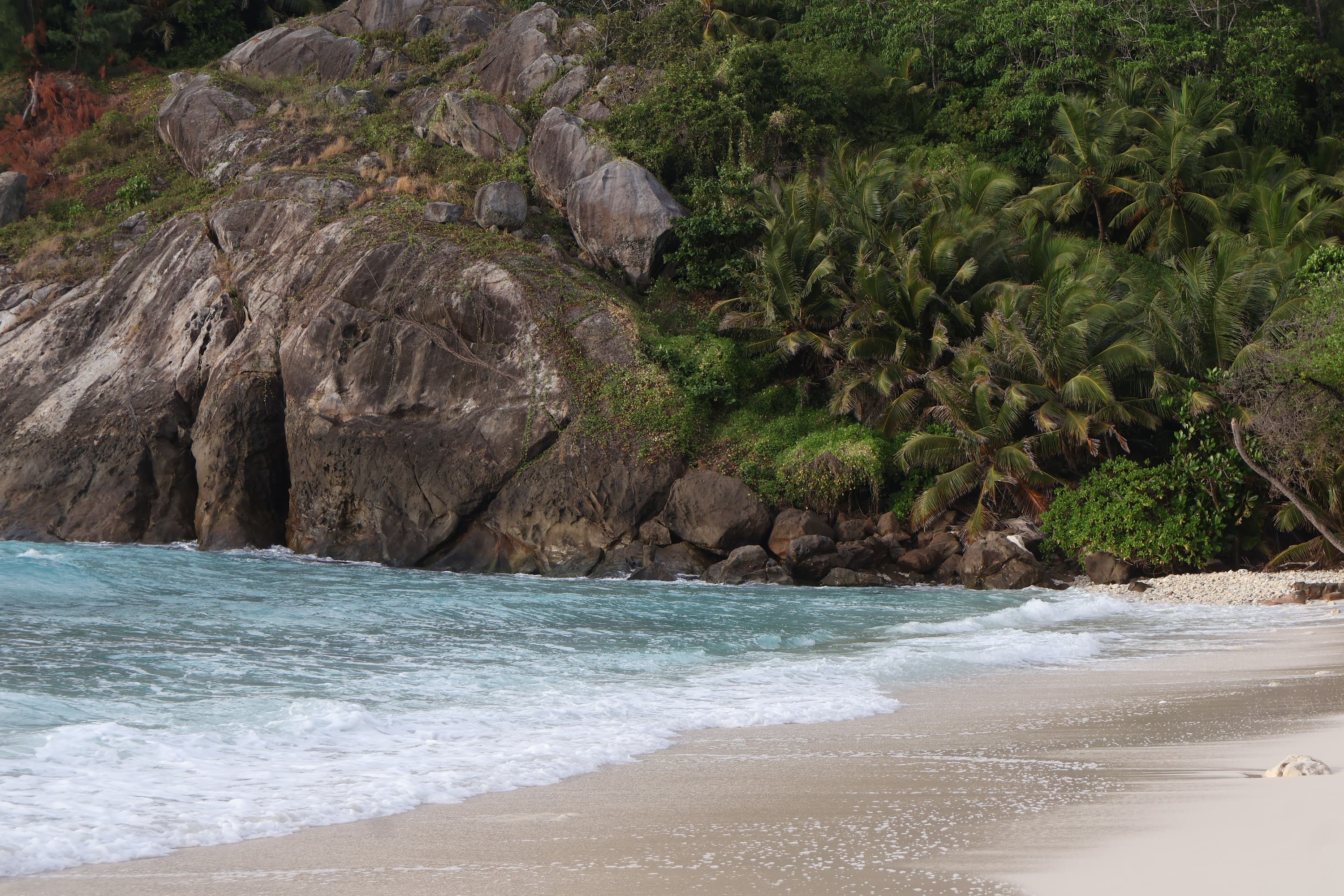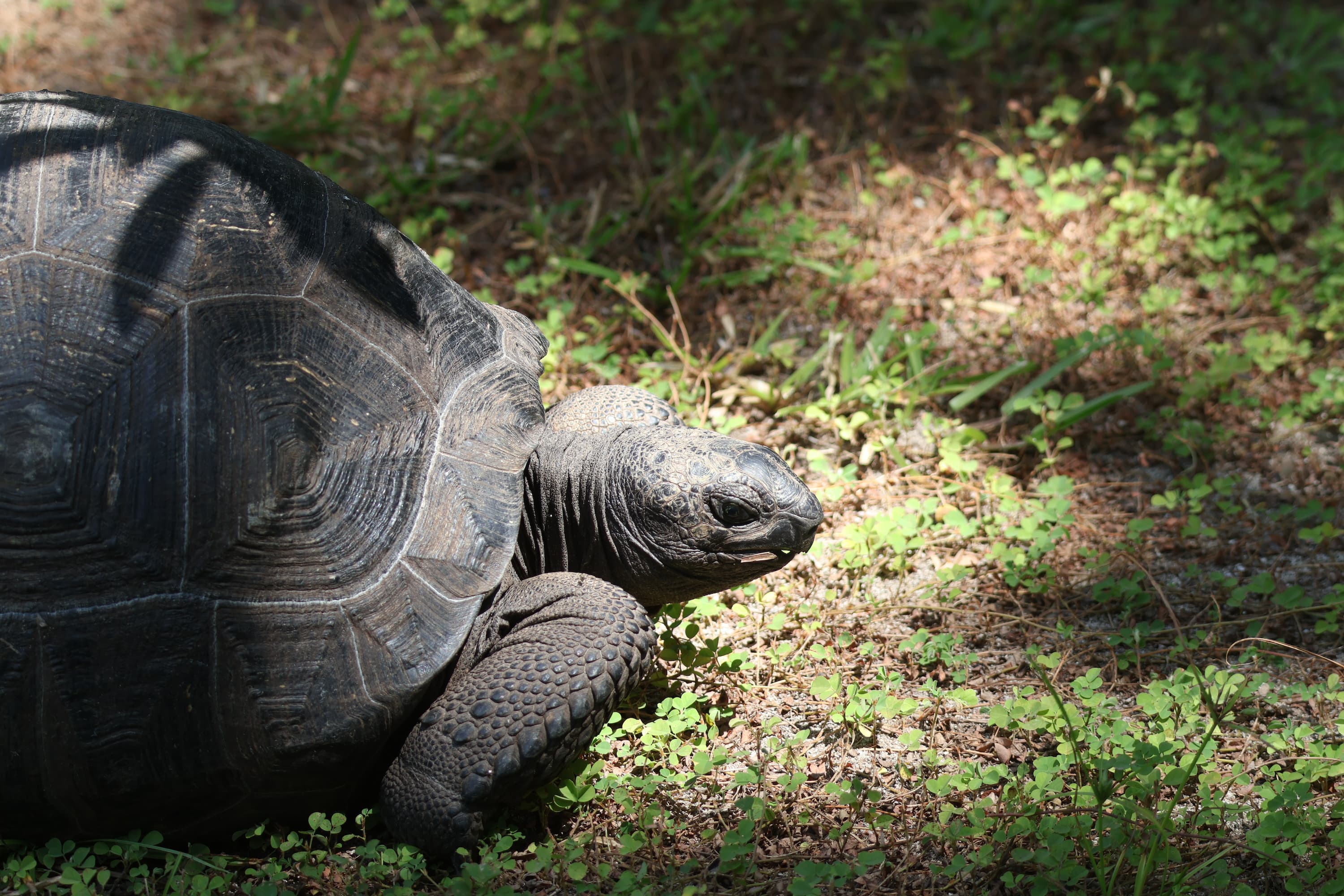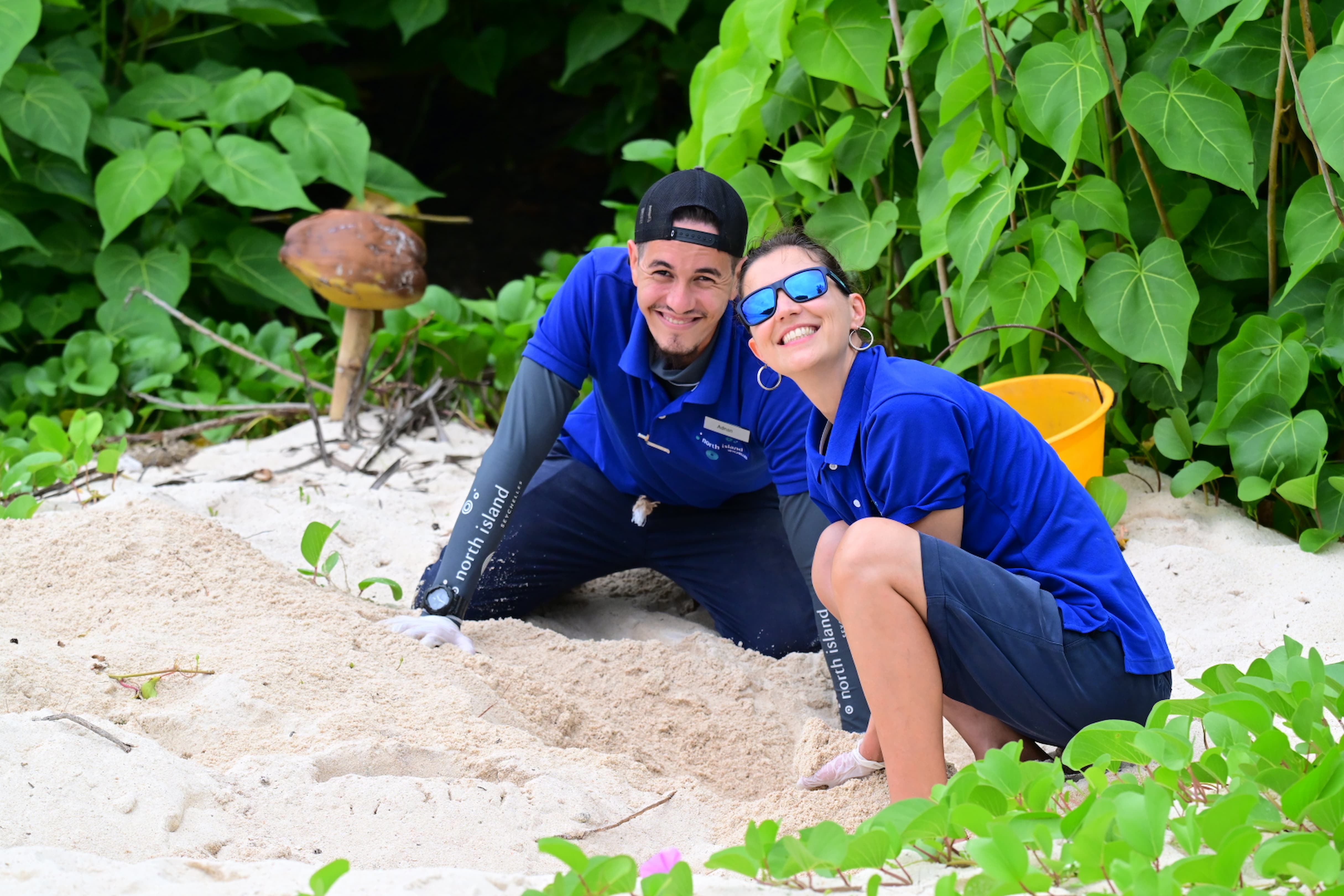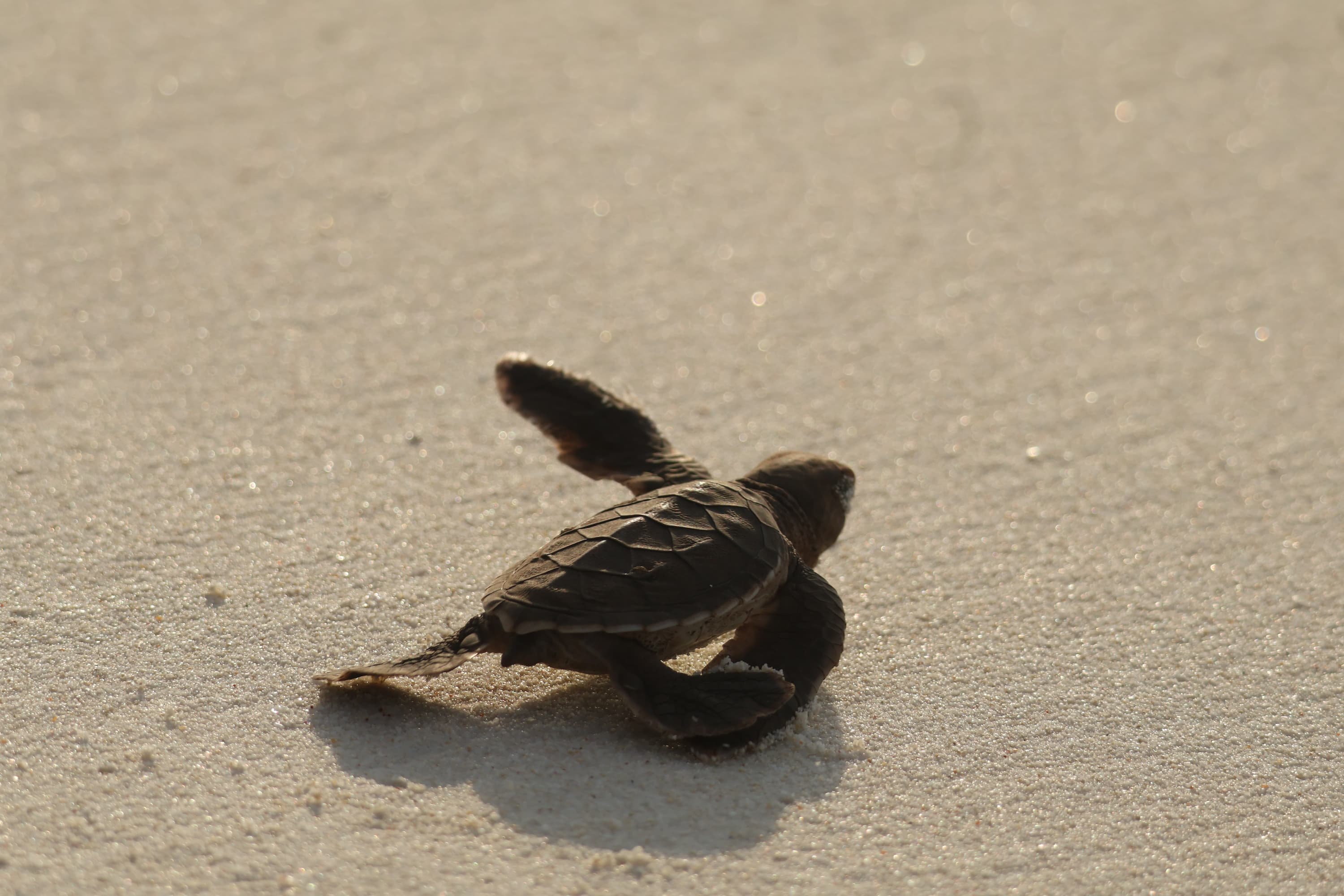A major reason why vultures are so endangered is that they are specifically targeted for their body parts. These are used for traditional medicinal purposes in the "muthi" trade as well as for meat. This alone poses as a major challenge for vulture conservation. Many African cultures also have superstitions about vultures. Some believe that vultures are harbingers of death. There is also a mistaken belief that vultures are a threat to healthy livestock. In many areas, vultures are still illegally hunted or driven away from food sources.

Image: Poisoned vultures as a result of poaching.There are 23 species of vulture globally, with 16 of these found in Africa. Of the 7 vulture species that occur in South Africa, ALL are either endangered, or critically endangered. Vulture conservation is therefore a major concern for wildlife conservationists.
Is poaching a reason why vultures are so endangered?
Poaching is a major threat to African vultures. A common method of poaching vultures is by poisoning animal carcasses. This can wipe out huge vulture numbers at once and has resulted in a 70% decline of breeding pairs since 2004. Accidental poisoning is another major reason why vultures are so endangered. Some medicinal drugs used to treat livestock are fatally toxic to these animals, and can adversely hinder vulture conservation efforts.
These magnificent birds may also be poached as trophies or for illegal feather trading. In addition to poaching, due to their size and wide wingspans, vultures are also susceptible to being electrocuted by power lines.
Why is vulture conservation so important?
Vultures are extremely important members of an ecosystem. These birds fly in from huge distances to pick rotting carcasses clean thereby helping to prevent disease outbreaks. Vultures are equipped with a digestive system that contains special acids that are able to dissolve anthrax, botulism, and cholera bacteria.Vultures essentially allow us to maintain the functioning and health of an ecosystem. A world without vultures would be a foul-smelling place filled with disease and rotting carcasses. Sadly, many vulture species are now only abundant within protected wildlife reserves. Vulture conservation is essential for changing this reality.
What is being done to help save endangered vultures?
One of the vulture conservation measures that Wildlife ACT, together with Ezemvelo KZN Wildlife and the Endangered Wildlife Trust Birds of Prey Working Group, have put into place, is to tag vultures. By doing this, conservationists are able to monitor the health of vulture populations, as well as follow their flight paths.Another vulture conservation measure is to deploy GPS tracking units to both adult vultures and fledglings. This allows us to record fine-scale vulture movement patterns of the various species breeding in the province. Through vulture tagging and GPS tracking, we are hoping to identify trends based on these movements to help conservation management better protect endangered vultures.
Educating and creating awareness among local farmers and communities living near protected areas, as well as the wider public, also forms a huge part of our vulture conservation work. Information about the extent of traditional use of vulture parts is sorely lacking, so research and investigations are required to help inform and implement demand reduction campaigns. It needs to be understood that the vulture crisis could very well mean a human crisis.
What can you do to help save vultures?
The reasons why vultures are so endangered continue to be a major challenge. Vulture conservation is in desperate need of support, and heavily relies on the public to help spread awareness and fund the work being done to help save vultures, which are such ecologically essential species.You can help by supporting the annual Vulture Tagging Project in Zululand. This project involves taking DNA samples, wing-tagging and fitting GPS units to vultures to help understand flight paths, foraging areas, roosting spots and survival rates, and facilitates ongoing monitoring of vulture performance to better secure and protect the areas that these birds utilize.

Lappet-faced Vulture (Torgos tracheliotos): EndangeredWhite-backed Vultures (Gyps africanus): Critically EndangeredPeriodic vulture counts are also undertaken on our Endangered Species Monitoring projects, which is helping to gather essential data around vulture numbers. By providing food to vultures, we are also able to attract vultures away from potential poison sites and monitor how well the vulture populations are doing.You can help make a difference.

We need help with changing perceptions around certain wildlife species. Like sharks and hyenas, vultures are often stereotyped as the "bad guys". But despite what humankind thinks of them, we need to acknowledge their importance and take a holistic approach in protecting endangered vultures. To do this successfully, we need to take a stand whether it’s spreading awareness, raising funds for vulture conservation, or by volunteering your services to save these unique birds.Read: Why are Vultures so important to Humans and the Environment?









.jpg)
.jpg)
.jpg)